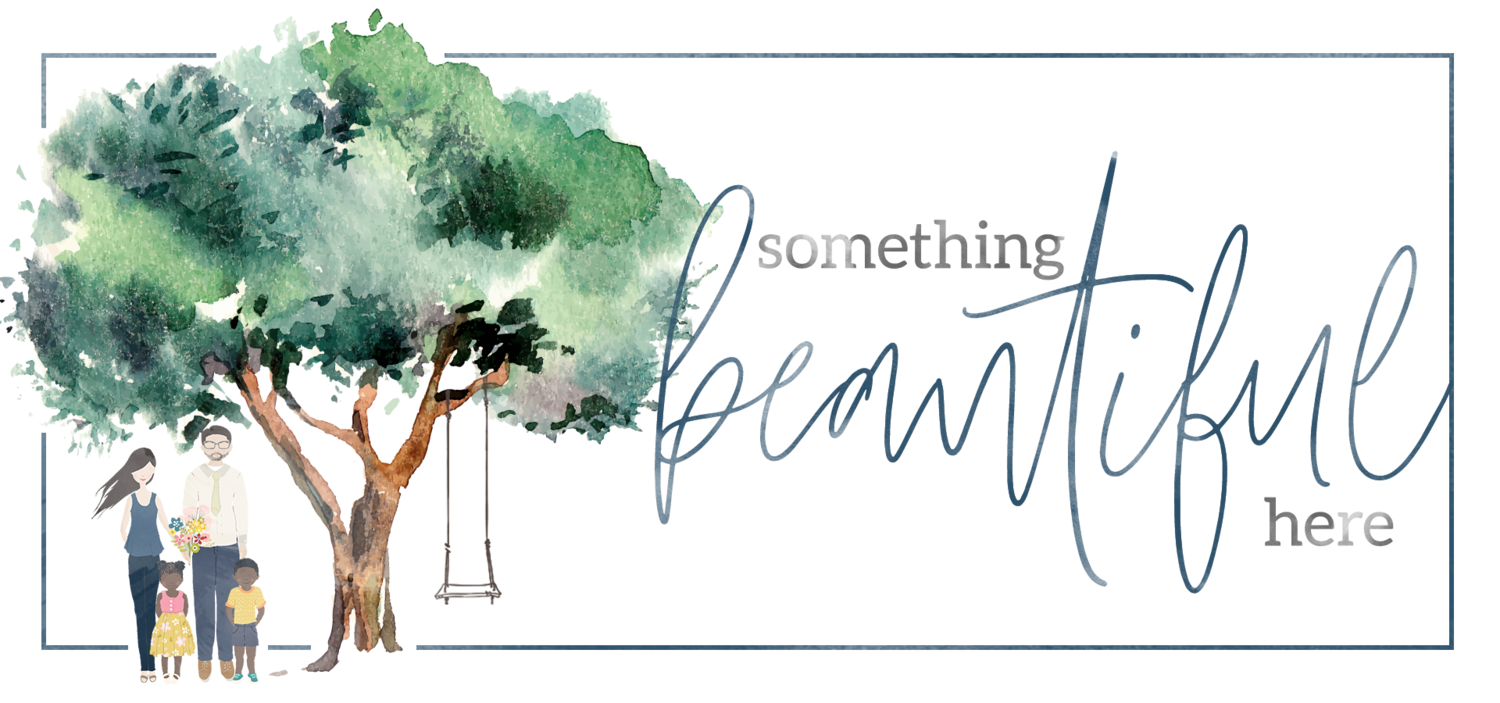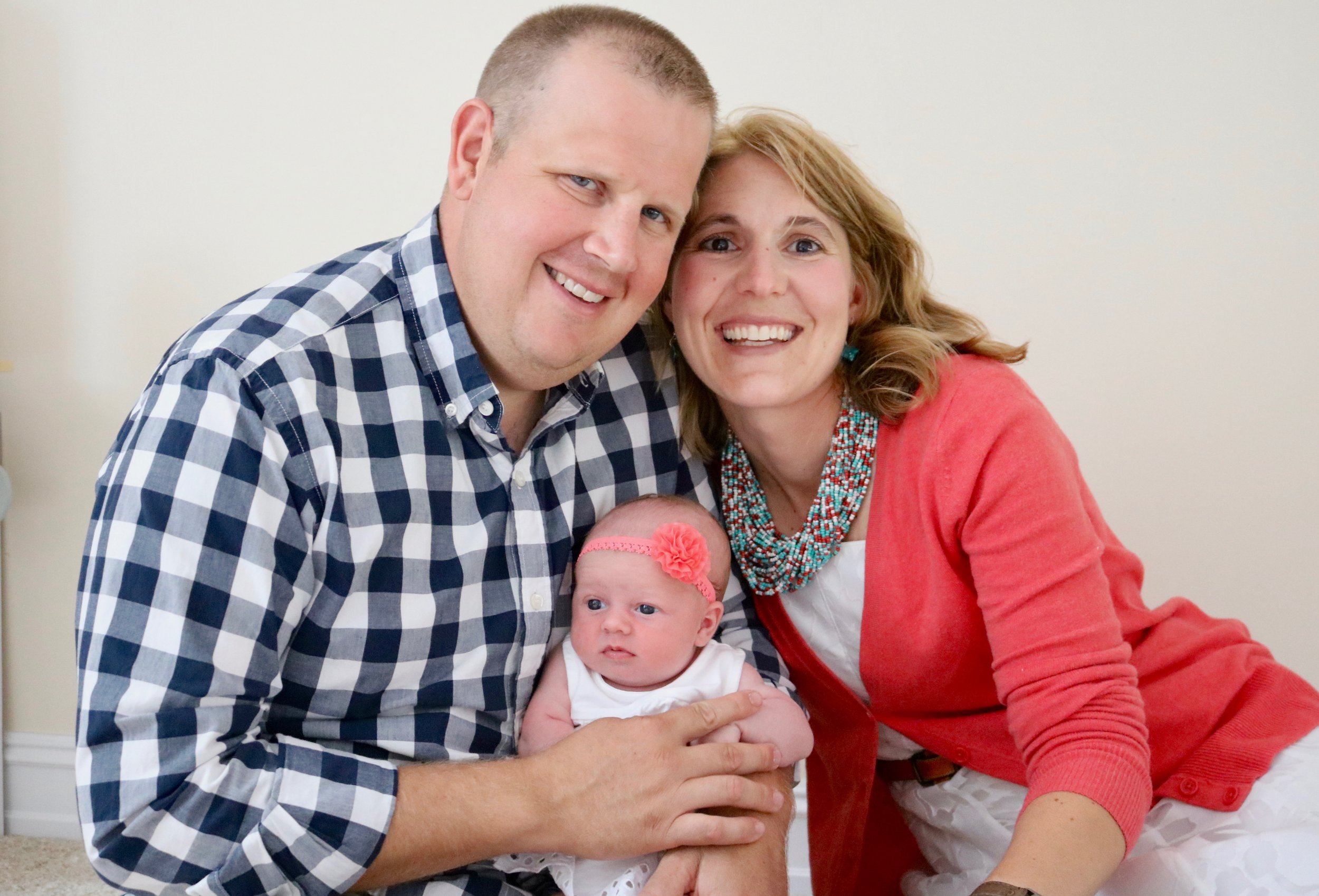5 Tips On Talking To Children About Adoption
We were playing on the park one day when a seven year old boy with blonde hair and bright blue eyes approached me. I could tell what he was going to ask before the question came out of his mouth, as it's one I get asked often by kids around his age. I saw him looking at me and looking at the twins, wondering how we were connected.
"Are those your babies?" he asked politely.
"Yes, I'm their mama!"
"But, why are they brown and you're white?"
His mother, completely embarrassed, stepped in and put her hand on his shoulder, "I'm so sorry."
"Isn't their skin beautiful? You know, families come in all different shapes, colors and sizes. Some families are really big and some families are really small. Some families have step-brothers or step-sisters and some families have only one child or no children at all. Families are formed in different ways. Children can be raised by the family they were born into, like you and your family, or through a family who adopted them, like our family."
"What's adoption?" he asked further.
"That's a great question. Adoption is when a birth mom or birth parent feel they can't take care of a child at the time. And then adoptive parents become their mommy and daddy. My children grew in their birth mama's tummy. When they were born she chose me and that man over there (pointed to my husband, Obbie) to be their parents. They became our son and daughter through adoption. Their birth mama loves them so very much and so do we!"
“Cool!” he said running off to play with his friends on the playground.
The questions I get asked most about adoption and why my children and I don’t “look the same” come mostly from children. I started receiving questions like this as soon as I brought our babies home.
I was tongue tied the very first time a 5 year old little girl asked, “Why are they brown and your not?” The twins were just about 3 weeks old at the time.
“They were adopted!” I replied.“What’s that?” she innocently questioned.
I said, “You can have your mommy explain that!”
Looking back, I still think that answer was okay. It’s not my job to educate every single person on the adoption process and you don’t need to carry that weight either. Adoption is common. And families, schools and churches, should be be doing a better job at educating children on how families are created in different ways.
Here are a few helpful tips to keep in mind as you are responding to children and their questions about adoption:
Don’t overshare. Protect your child’s story when answering questions about adoption.Sometimes I have found it’s best to use generalized answers instead of using personal examples. “Birth mothers choose to have another mommy and daddy raise their child when they feel they can’t at the time.” I have found when I use examples from the twins life it leads to further questions about their adoption story, which isn’t mine to share. Your first priority is to protect your child’s story, not answer others questions about their story. Most kids asking questions are just innocently curious, but even so, it’s not my story to share.
Keep it simple and use age appropriate language. Don’t use abstract phrases or language that could be confusing to a young little mind.
Don’t feel the need to explain the adoption process to every child who asks you. Just like you wouldn’t explain the “birds and the bees” to any random kid who asks you how “babies came to be”-it’s not your job to explain the adoption process to every child who inquires about it. Sometimes it's okay to simple say, "You can have your mommy or daddy explain that" or "You know, I bet your mom or dad would like to explain that to you!"
Continue implementing positive adoption language. Even as we are explaining adoption to younger children, it's important that we still incorporate positive adoption language. I think it's okay to make big adoption words and phrases easier for the little ones to understand, as long as we are doing it in a way that continues to honor all parties of the adoption triad. Click here for a helpful post on positive adoption language.
Be prepared for more questions and how you will respond. Adoption is very complex and difficult for children to wrap their minds around. Many of the words and phrases you may use will be words most children have never heard before and may need further explanation. But again, it's also quite alright to say: "I bet your mommy or daddy would like to explain that to you!"
It may take some time and practice to learn how to respond to kids about complex topics like adoption, but that’s okay! You will get better at it as you go! I hope that you find these tips helpful as you navigate conversations about adoption with children.
***If you are interested in learning more about adoption and the services we provide at Christian Adoption Consultants, I would love to chat! Feel free to email me, Kelly Todd, at kelly@christianadoptionconsultants.com and check out Christian Adoption Consultants for more information!***

























































